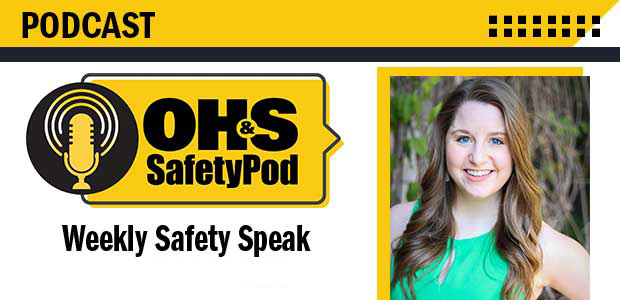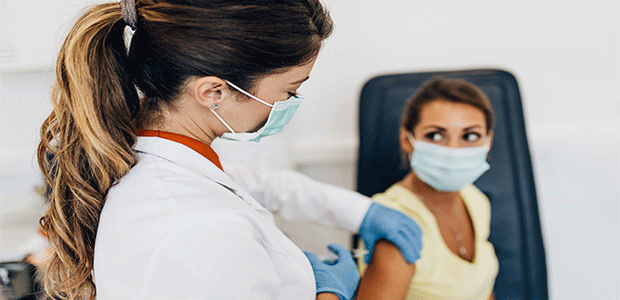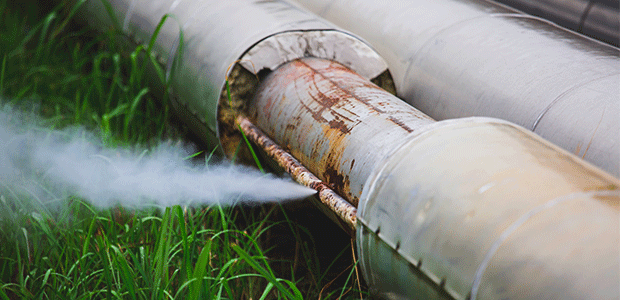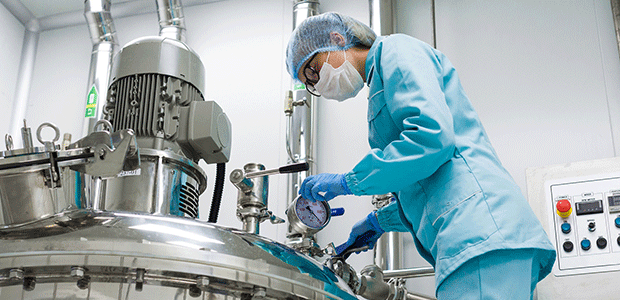
Episode 53
On this Safety Speak episode of the podcast, Editor Sydny Shepard discusses the new OSHA guidance on COVID-19, the Center for Construction Research and Training’s new bulletin on nonfatal injury trends in the construction industry as well as news and studies surrounding transportation safety.
The proposed update to OSHA’s Hazard Communication Standard was issued on Feb. 5.

In March 2018, the International Organization for Standardization (ISO) published ISO 45001: Occupational Health and Safety Management Systems – Requirements with Guidance for Use, the world’s first International Standard addressing workplace health and safety.

Sixty percent of workers polled by Perceptyx said they would get the COVID-19 vaccine if given a $100 incentive.
56% of people polled said they feel it is their right to use their phones while they are working.
Construction workers in New York City will need to complete Site Safety Training by March 1.

After his Feb 2. Senate confirmation, he is expected to oversee the rebuilding of America’s roads and help strengthen transportation systems.
With coronavirus variants from places like the United Kingdom and Brazil now in the United States, more vigilant practices are necessary to prevent the spread of the virus.

A Jan. 28 nitrogen gas leak killed six people and injured 12 others.
When it comes to electrical safety, there is no such thing as absolute zero risk.

If the legislation is passed, meatpacking employers would be required to provide paid sick leave and PPE to their employees.

Safety programs are the foundation of a successful and safe work environment.

The five pillars will support continued excellence in operations as well as provide a framework for achieving excellence in workforce safety.

Dust explosions pose a severe hazard in the workplace, but there many ways to detect danger before a problem occurs.

Gas detection is a vital element of chemical safety—luckily, it is made easier with the help of technology.